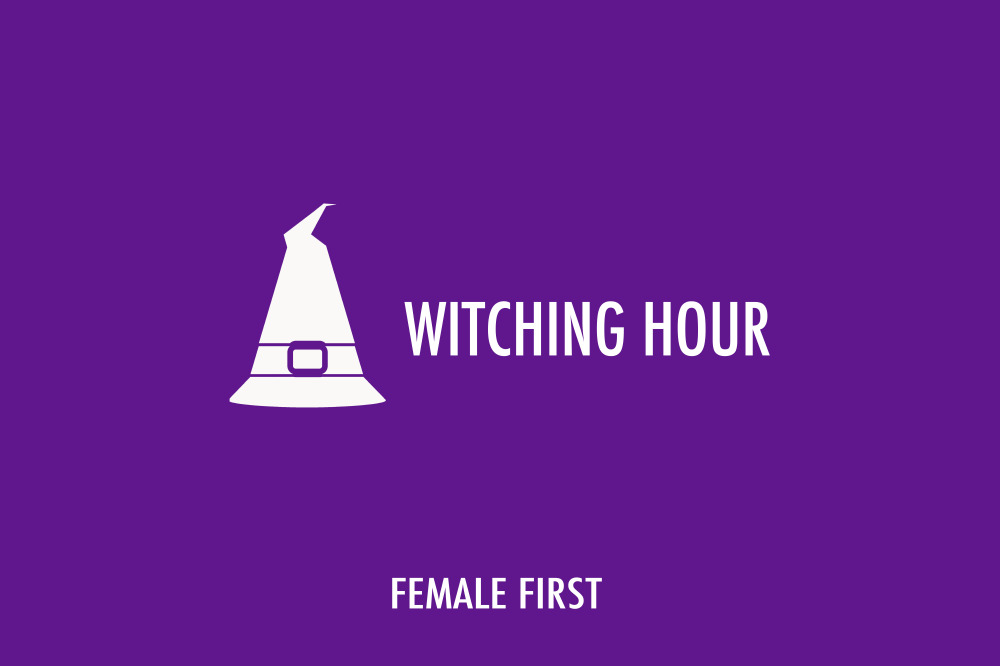
In the New Age and spiritual community, one particular trending topic in our quest for tranquility and oneness is that of Shadow work. It's all about recognising and embracing ourselves as a whole, and not rejecting the bits that make us deeply uncomfortable. Witches understand the importance of all human traits to the balance of the universe, so Shadow work is essential to our practice.
What is the Shadow?
The Shadow is the aspect of ourselves that represents the unacceptable, undesirable and unlikable parts of our personality that we resent and do our best to suppress. It is, in simple terms, our dark side.
It's a concept coined by psychology pioneer Carl Jung to refer to the parts of our psyche that we don't associate ourselves with; in other words, the unconscious aspects of our personality. It is sometimes synonymous with Freud's concept of the Id - one of three agents in his theoretical model of the psyche alongside the Ego and the Superego, the Id being our instincts and desires, the Superego being the critical and moral agent associated with the conscience, and the Ego being the realistic one that mediates between the other two.
Our Shadow, in Jungian terms, is developed by the Ego through trauma, through socialisation and through nurture. We learn to suppress parts of ourselves that have served us negatively in our past experiences, whether they be unhealthy traits or not.
How does the Shadow affect us?
We develop toxic habits in childhood to survive in a toxic society and we suppress aspects about ourselves to protect us from harm or judgement. This starts from when our parents teach us how to act in a socially acceptable way i.e. teaching us manners and kindness etc., and develops further through school as we alter ourselves to fit in with others. We may quash our quirks and eccentricities, for example, because past experience has taught us that not doing so puts us at risk of ostracisation.
The Shadow can be especially damaging in cases of trauma. If we do not have the external support that we need to heal from trauma, the Ego will force us to ignore or hide our thoughts and emotions, which in turn blocks certain aspects of the self that are important for our mental and physical health such as self-expression, the ability to ask for help or even our survival instinct. The Ego tricks our mind into thinking we are safe in our comfort zone, despite the negative effects this has on our mind, body and soul. Trapping ourselves in our own safe bubbles perpetuates our feelings of distrust towards the world around us.
What we learn in childhood as a way to protect ourselves - such as running away, closing our eyes and relying on others to take care of us - makes it hard for us to adapt to adulthood when we are suddenly faced with this necessity to confront our problems head on and look after ourselves. Thus the Shadow self is an immature attempt by the Ego to protect us.
Eventually we become detached from our Shadow, and we don't even recognise the things we are suppressing or hiding. But the Shadow represents our anger, our jealousy, our judgement, our insecurities, our shame and our inhibitions. We can recognise the Shadow parts of ourselves in our feelings towards others; the things for which we criticise others often reflect aspects of ourselves that we have repressed; and our feelings towards certain situations.

What happens when we confront our Shadow?
Learning to be not only conscious of these aspects but also accepting of them leads to a paradigm shift in the way we live our lives. It allows us to move closer to becoming the best version of ourselves and invites positivity and opportunity into our lives. We experience a profound sense of freedom, and embarrassment becomes a thing of the past.
The more we become aware of our Shadows, the more power we have over our lives and emotions, the less fear and anger we have towards others, and the less power others have to make us feel angry or scared.
How do I incorporate Shadow work into my everyday life?
When we are sensing an aspect about ourselves that we don't like coming to the surface, it is important to take time to acknowledge it and then express it in the most healthy way possible. Take time to feel these emotions and recognise all parts of it no matter how uncomfortable it might make you feel. Then take three deep breaths and let it dissipate.
It's when we ignore these feelings that they start to build up within us until we can no longer control them and we explode and act in unpredictable and destructive ways that we later come to regret.
Another thing you can do is next time you find yourself judging somebody's personality or behaviour, ask yourself these three questions:
1. What am I judging about this person that I myself need to own up to?
2. What might have happened to this person to make them act in this way?
3. What am I judging about this person that I have suppressed within myself?
Not only will this encourage you to recognise your own faults, but you will be more likely to feel compassion and forgiveness towards others and thus surround yourself with more positive energy. Harbouring dislike and resentment towards others is one of the most unhealthy things we can do to our mental and spiritual health.
How can I get a deeper understanding of my Shadow?
To delve deeper into your Shadow, consider why you might have suppressed certain things within yourself. Think of examples of when you have consciously pushed away these things and the reasons for it on those occasions.
Now think of some examples of when you have not suppressed these things, or perhaps examples of when you have recognised and praised others for expressing themselves. Examine how you might healthily express some of the aspects of your Shadow self in the future.
Also, think of a time when you have felt judged by others. Ponder that situation and whether or not you were right to think they were judging you, or if you perhaps had projected your judgement of yourself onto another person. We often think others think negatively towards us when we ourselves are engaging in negative self-talk.
Shadow work is not about telling yourself that it's OK to do whatever you want at the expense of others, it's about telling yourself that you're human; that all that you feel is part of being human and a healthy expression of those feelings is the best way to fill that shadowy part of ourselves with light. In turn, we become more compassionate, forgiving, grounded and controlled beings.
Tagged in Witch witchcraft

